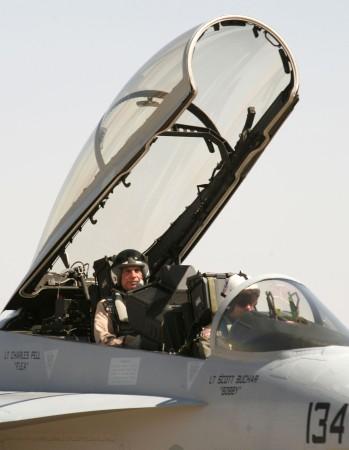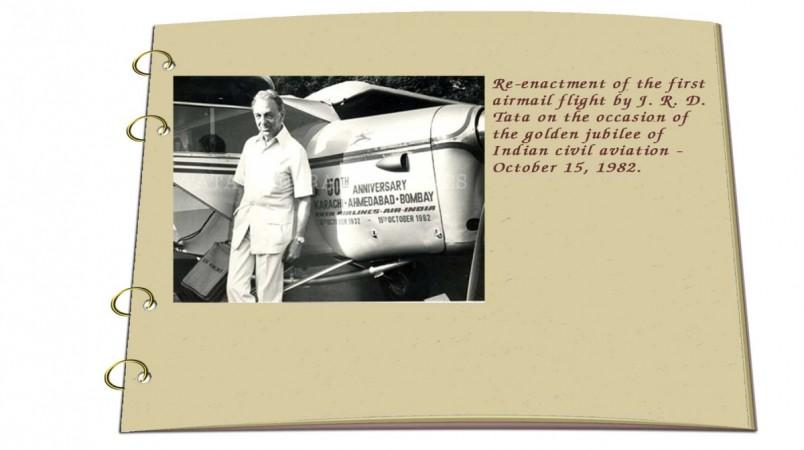After almost six decades, Vistara, a full-service joint venture between Tata Sons and Singapore Airlines, took off on its maiden flight connecting Delhi to Mumbai, on 9 January.
"We must do it right, instead of making a big splash and getting into disappointment (later)," Vistara Chairman Prasad Menon told reporters.
Being a full service is not to mean lavish or over the top. It means serving different customers' needs differently, Menon added.
The full service airline took off from Delhi international airport at 12:51 PM, and landed in Mumbai at 02:46 PM.
The airline plans to operate five Airbus 320s initially and would scale up as the business climate improves. The full-service airline plans to operate 87 flights with five aircraft in the first year, to be scaled up to 301 flights by the fourth year.
It's a homecoming for the Tatas in aviation and the dawn of a new era.
Ratan Naval Tata, erstwhile chairman and successor to JRD Tata said reentry into aviation industry has been a long-cherished dream of the Tatas to establish a world class airline in India. He dedicated the day to his predecessor JRD Tata, the former chairman of the Tata Group and the father of Indian aviation.
The Tata legacy
Few organisations, if ever, become synonymous with nation-building; the Tatas are one such business house, respected in and outside of India. Many of India's industries trace their beginnings to the foundation laid by the Tatas.
Father of Indian Aviation – JRD Tata
Jehangir Ratanji Dadabhoy Tata, known better as JRD to Indians, and as Jeh to his close friends, received the first pilot licence ever issued in India, in 1929. For JRD, aviation was more than only a passion; it would remain his lifelong companion.
In 1932, India's largest business group started Tata Airlines, under JRD's vision and guidance, initially as a mail delivery service and later became India's largest airline – Air India.
The Government of India became part-owners in Air India in 1946.
To JRD, the airline business was a labour of love, he went into every little detail and ensured that the airline become one of the finest in Asia.
JRD was reported to have spent more time on the single business endeavour, Air India, than on all other organisations run by the Group. For his efforts, JRD was awarded the Bharat Ratna in 1992, the only industrialist to have received the nation's highest honour.
JRD received the Daniel Guggenheim Medal Award, honouring achievements in the advancement of aeronautics and the Edward Warner Award, the highest honour bestowed by the International Civil Aviation Community.
Unsuccessful attempt
JRD's successor Ratan Naval Tata, also a qualified pilot, sought establishing an airline in the mid-90s, in partnership with Singapore Airlines. The move was thwarted by other private airlines, under different pretexts.

The group is also present in the budget segment in Indian aviation; Tata Sons holds a 30% stake in AirAsia India, a subsidiary of the Malaysian budget carrier.
Vistara has seen some private airlines lobbying against its entry, claiming that the rules allow foreign airlines to invest only in existing players; the government, however, rejected the opposition.
Many airlines which were started in the post-liberalisation era shut shop, partly because of their inability to understand the dynamics of the aviation industry.
predecessor


















